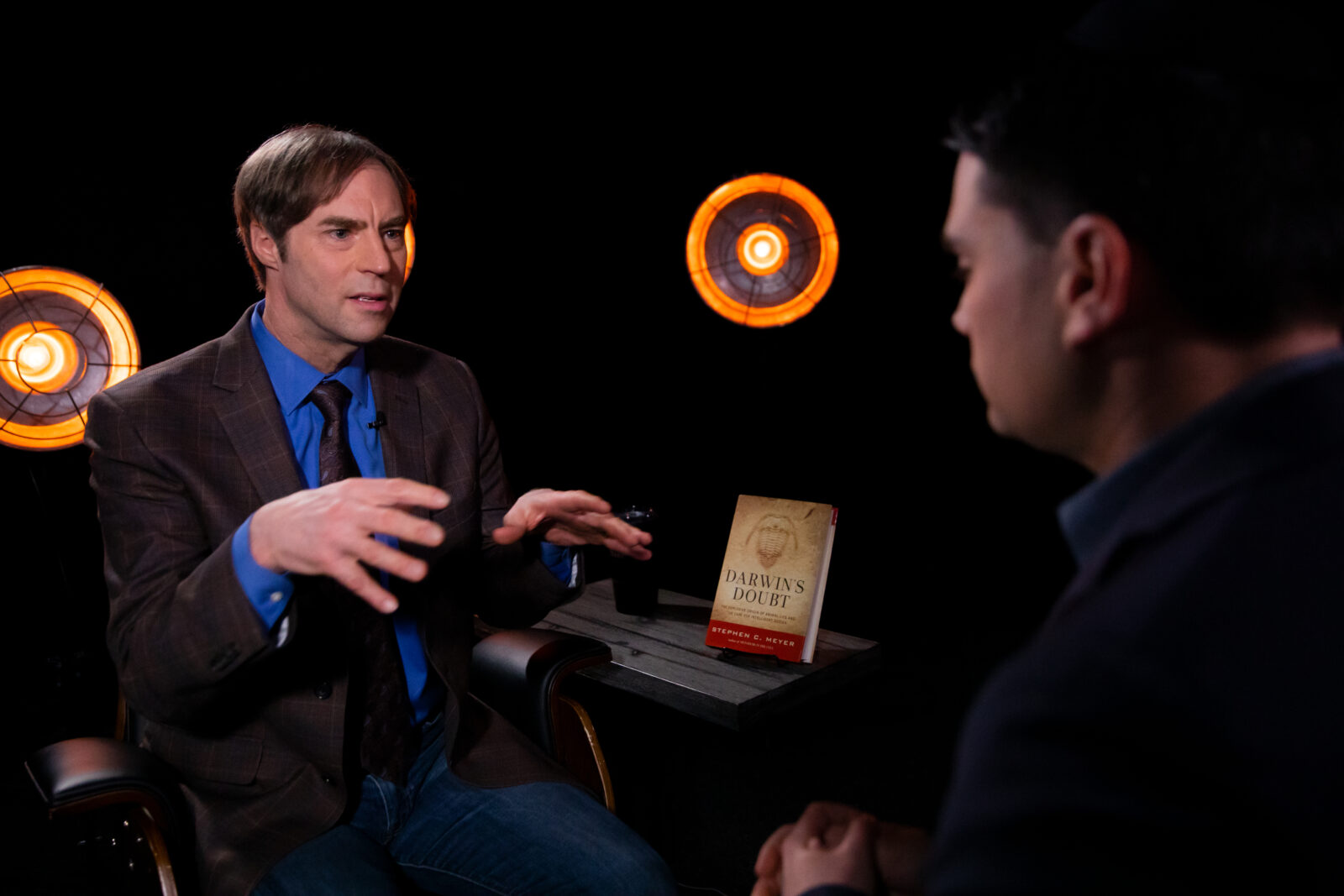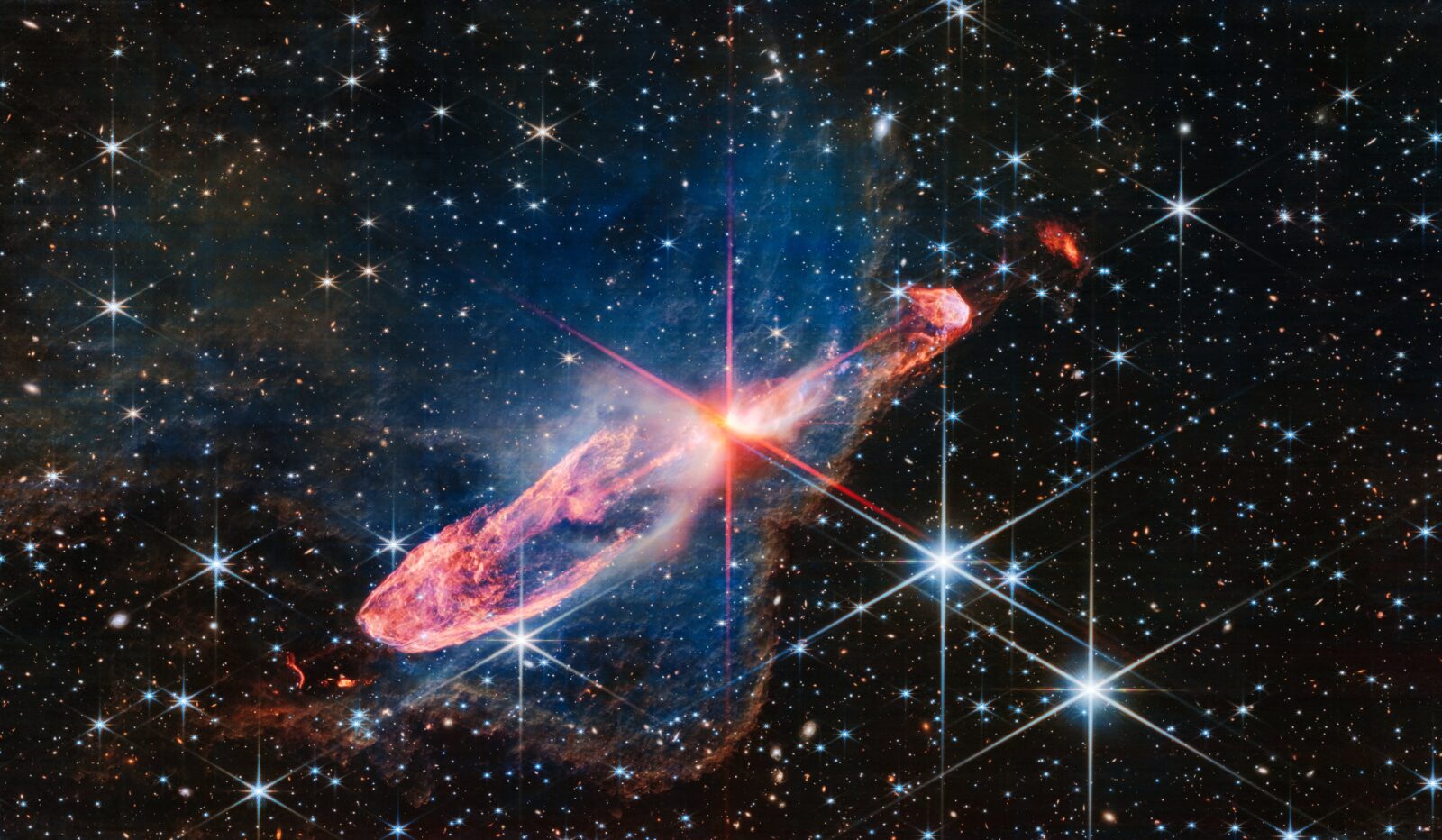


Stephen Meyer on the Explanatory Power of Intelligent Design

Stephen Meyer and Piers Morgan: Design, Atheism, and God

Comedian Evan Sayet on the Failure of the Atheist Origin Myth

Stephen Meyer: Evidence of Mind in The Natural World

The Return of Natural Theology

How Modern Physics Reveals Purpose in the Universe

Physics to God: Rational Arguments for Design in the Universe

Stephen Meyer: One God or Many Universes?
In this ID the Future, Stephen Meyer takes a deep dive into the case for not only intelligent design, but also for a designer of the cosmos who is immaterial, eternal, transcendent, and involved. Meyer draws on evidence for design at the origin of life, in the origin of plants and animals, and from the fine tuning of the laws and constants of chemistry and the initial conditions of the universe. He connects all this to the scientific evidence that the universe is not eternal but had a beginning—the Big Bang. What about the main materialistic alternative for explaining this suite of evidence—the idea that there is a multiverse with our universe just being one of the lucky universes with Read More ›

Physicist Brian Miller Answers the Big Bang Evaders
On this ID the Future, physicist Brian Miller looks at various attempts to evade the mounting evidence that the universe had a beginning, a Big Bang. Miller and host Casey Luskin first review the fascinating history of how the eternal universe model of the nineteenth century gave way to the Big Bang model. Then Miller walks through about a half a dozen attempts to evade a cosmic beginning after the Big Bang model had won the day. These evasions include the steady state model, the idea of an eternal cyclical universe, and the string landscape model. According to this model, our universe exists in a multi-dimensional brane (not “brain”) which exists in a higher dimensional space, and our multi-dimensional brane Read More ›